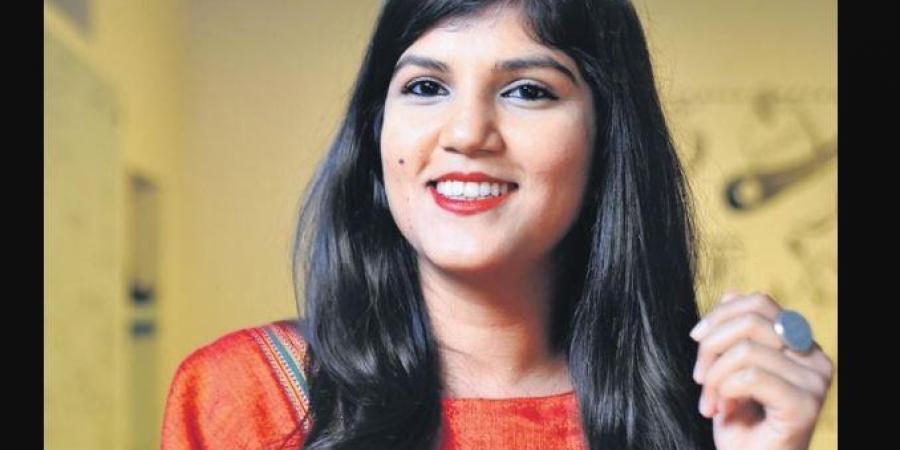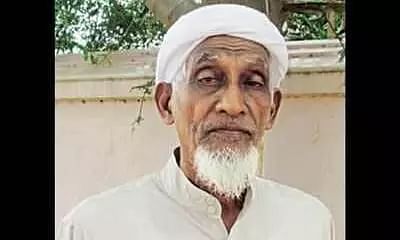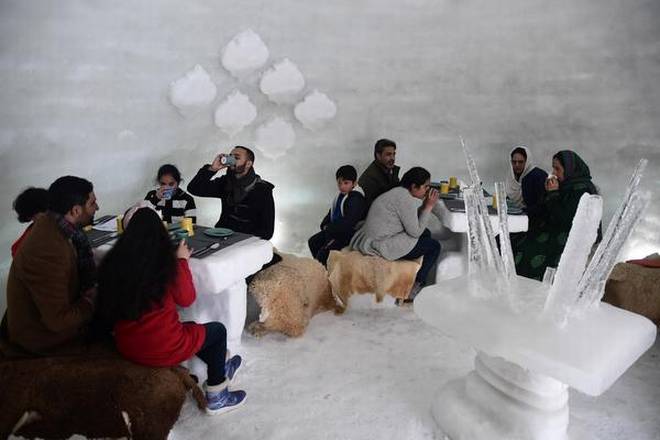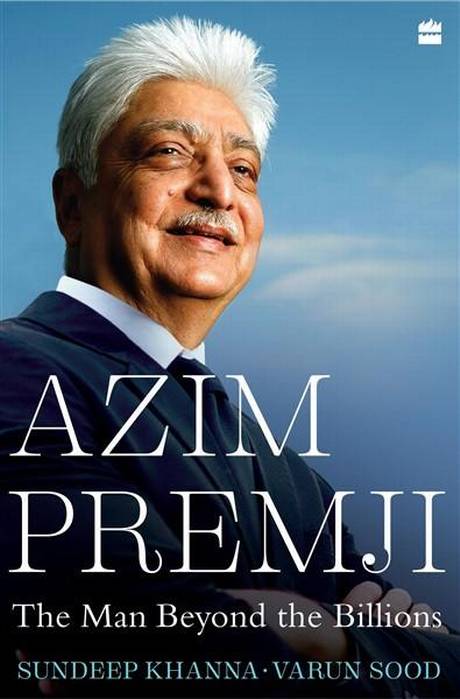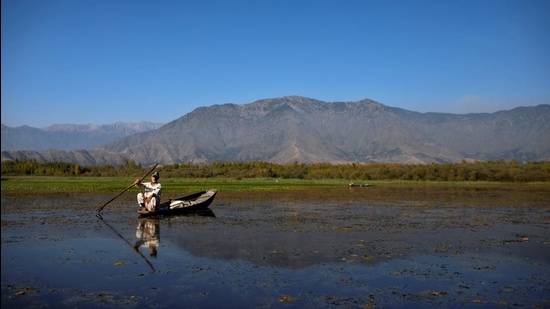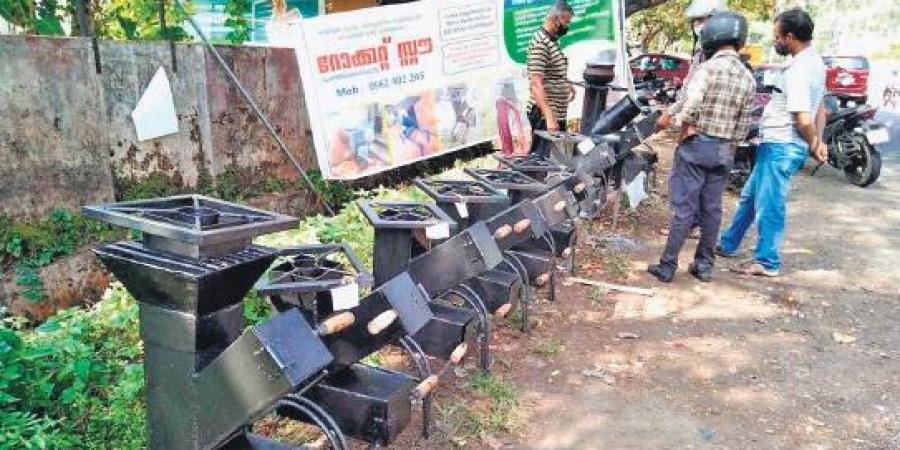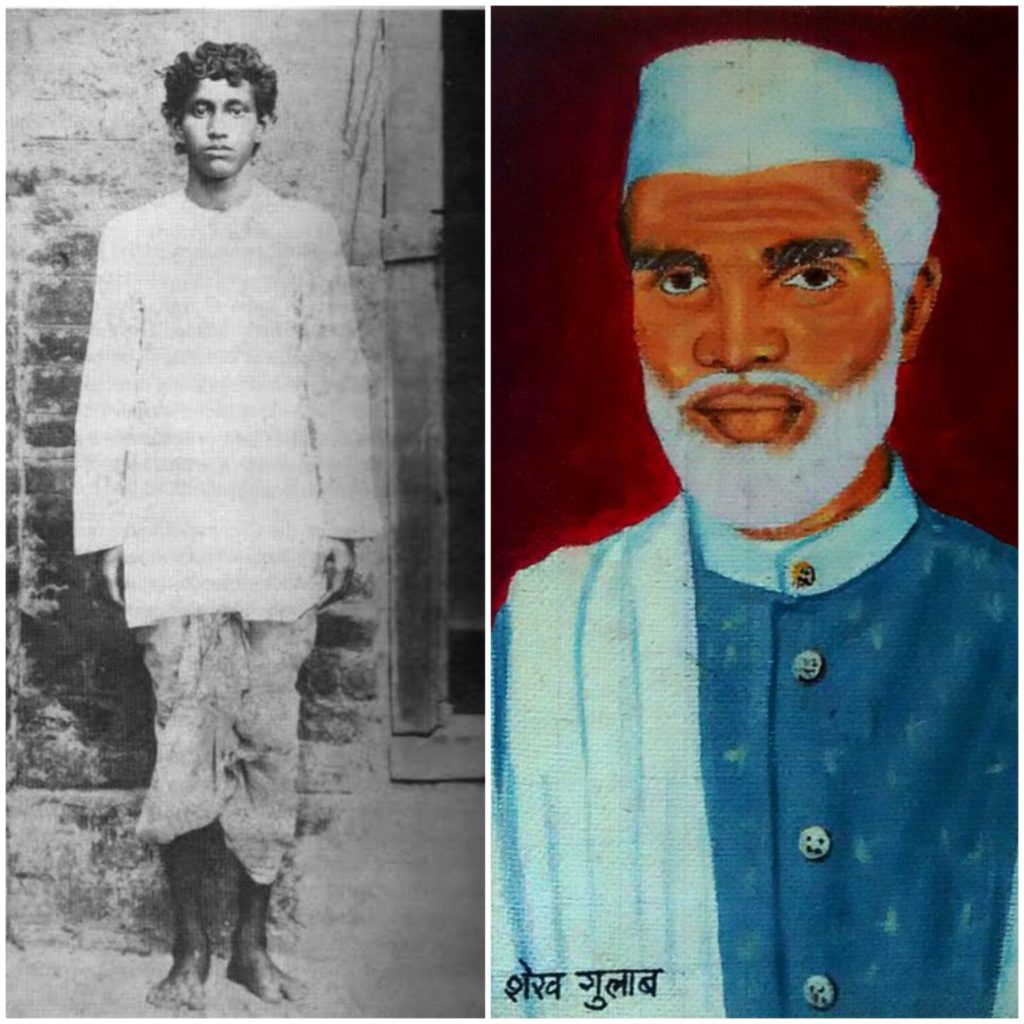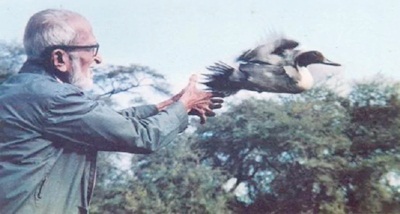KERALA :
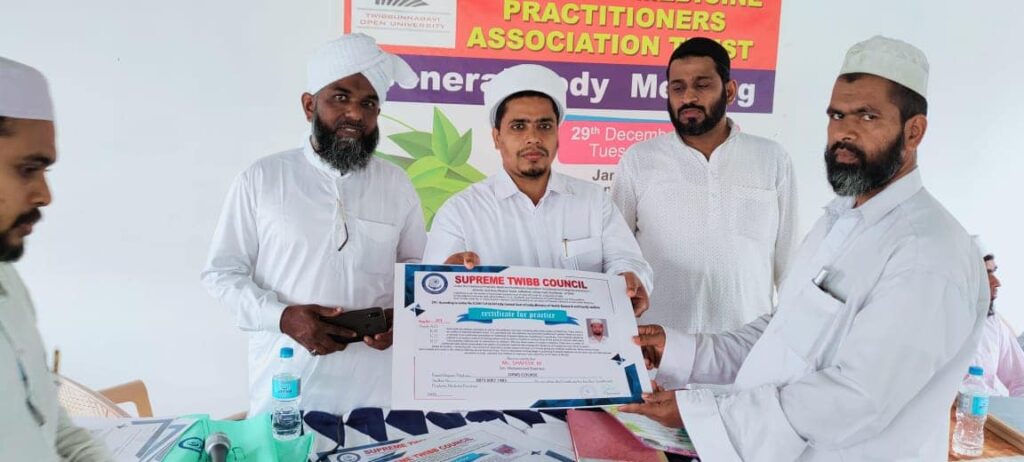
Kerala-based Traditional Prophetic Medicine Association Trust (TPMAT) has launched the Supreme Twibb Council in order to promote Prophetic medicine or Tibb-e-Nabawi.
The initiative aims to provide a platform to doctors and physicians involved in Prophetic medicine and will also give training to those doctors who are interested in practising Tibb-e-Nabawi.
Dr Muhammed Gafoor Saquafi, the council’s president highlighted that the Union Ministry of Health and Family Welfare has recognized Prophetic medicine as one of the alternative medicine as ordered by the ruling of the Supreme Court. TPMAT had filed a petition in the Supreme Court in this regard and after winning the case they decided to initiate Tibb Council.
“Moreover the Prophetic medicines institutes have received various orders from the Central Government in this connection. Based on this and Central Act1882, the TPMAT is registered and Supreme Twibb council is formed under it.
Advice and remedy given by Prophet Muhammad on the matters of health including sickness, hygiene, and treatment are called Prophetic medicine. These remedies are given by the Prophet, which is mentioned in the books of Hadith, and the writings were undertaken by non-physician scholars to collect and explicate these traditions.
In 2014, the Prophetic medicine was recognized as a complementary medicine senate via the Alma Atta Declaration of the World Health Organization. A letter of recognition and appreciation was also provided by the World Health Organization via the Ministry of Ayurveda, Yoga and Naturopathy, Unani, Sidha and Homeopathy (AYUSH).
Prophetic medicine was enlisted as an alternate medicine by Ministry of Health and Family Welfare in 2017 and gains the status of independent practice. This liberty to practice prophetic medicine was given by Supreme Court itself. There are many Prophetic Medicine institutions initiated at various locations of India.
The Court managed to draft bylaws of the Council in contrast with a pending petition given by TPMAT to the Supreme Court earlier, that constitute the legal part of the Prophetic medicine.
The council will also provide memberships to the scientific scholars and traditional scholars in different categories. Moreover national memberships will also be given for the structural expansion of the training institutes in the Country with a head-quarter in the national capital, Delhi.
source: http://www.thecognate.com / The Cognate / Home> News / by Ghazala Ahmad / March 13th, 2021
